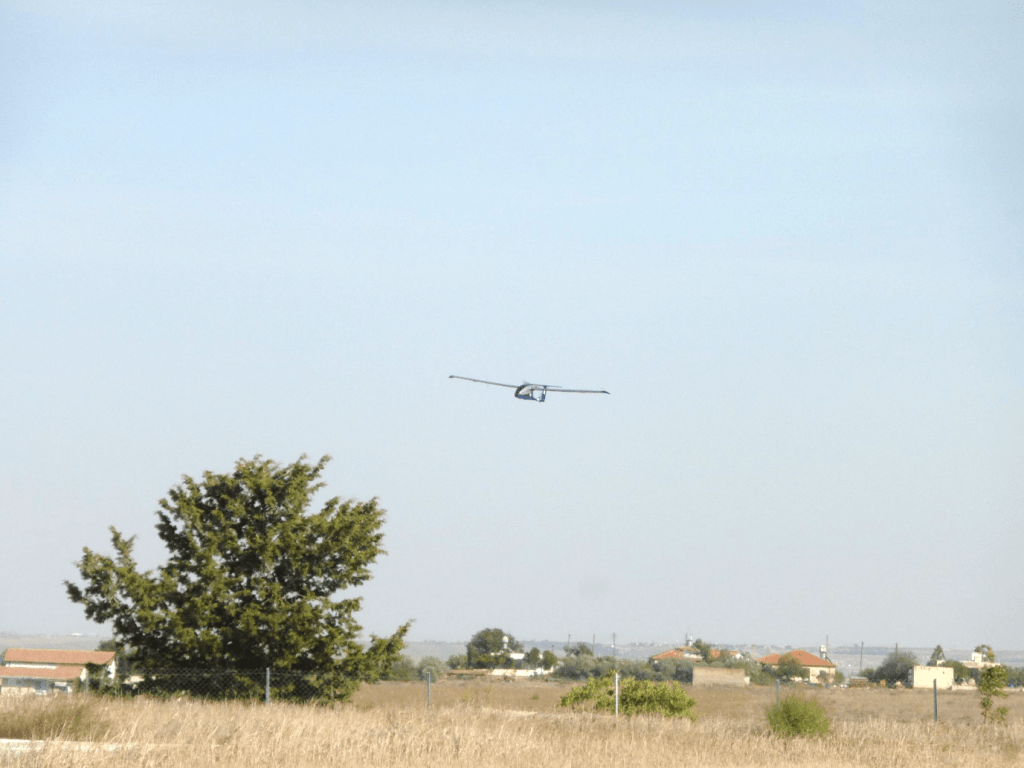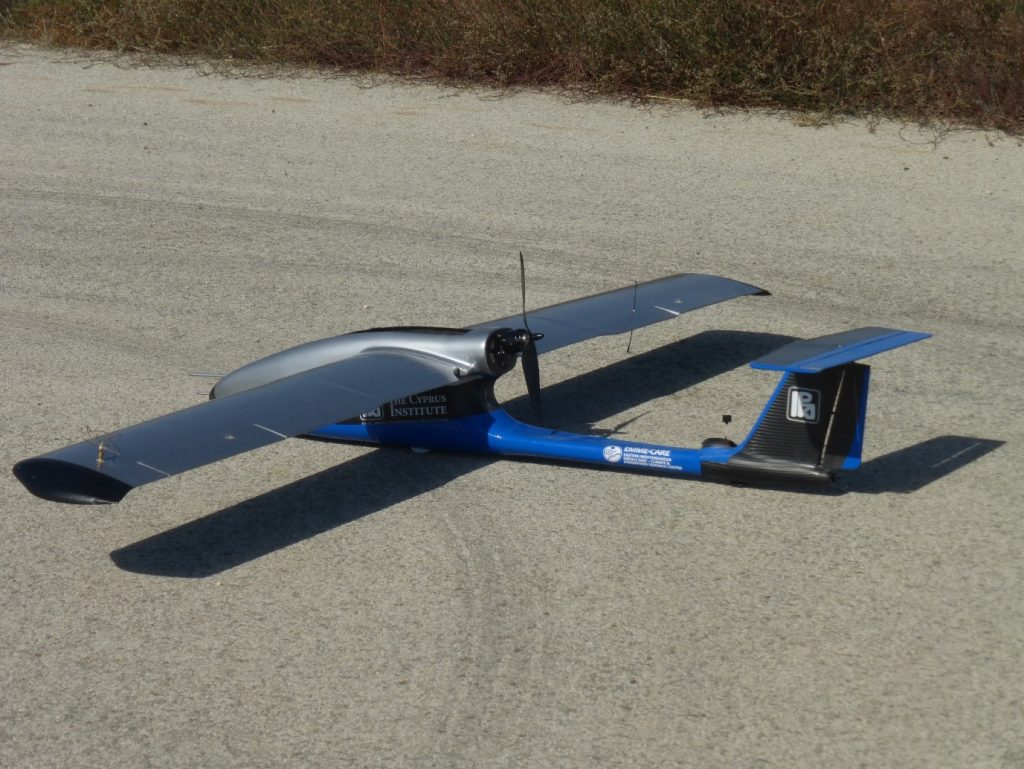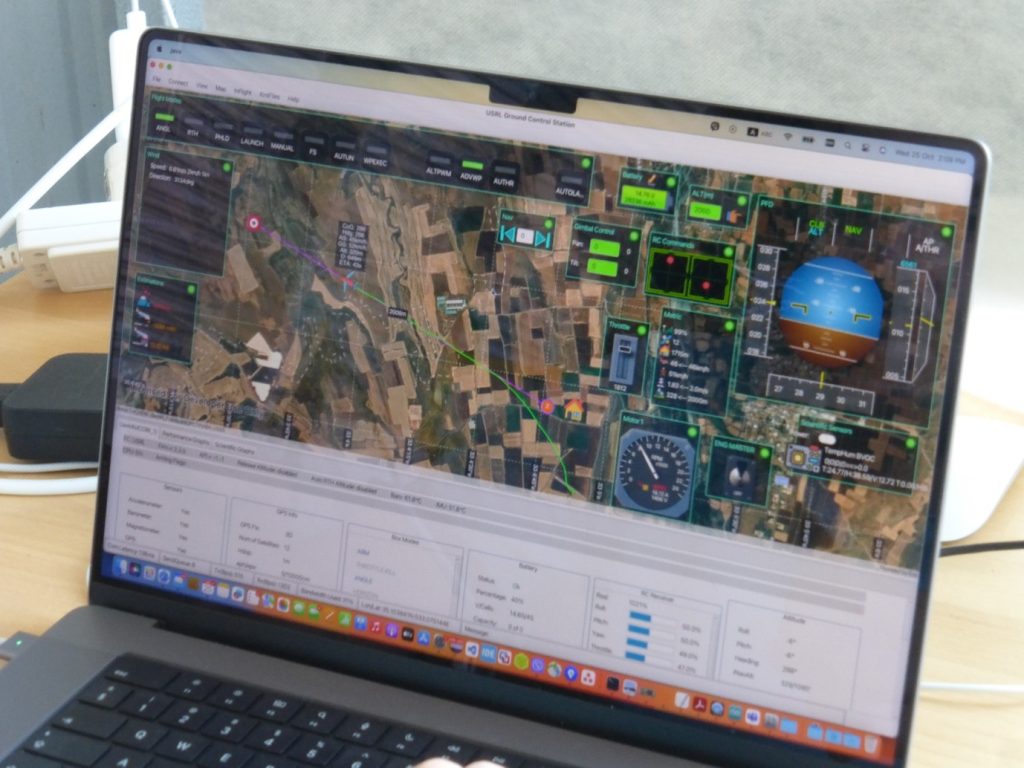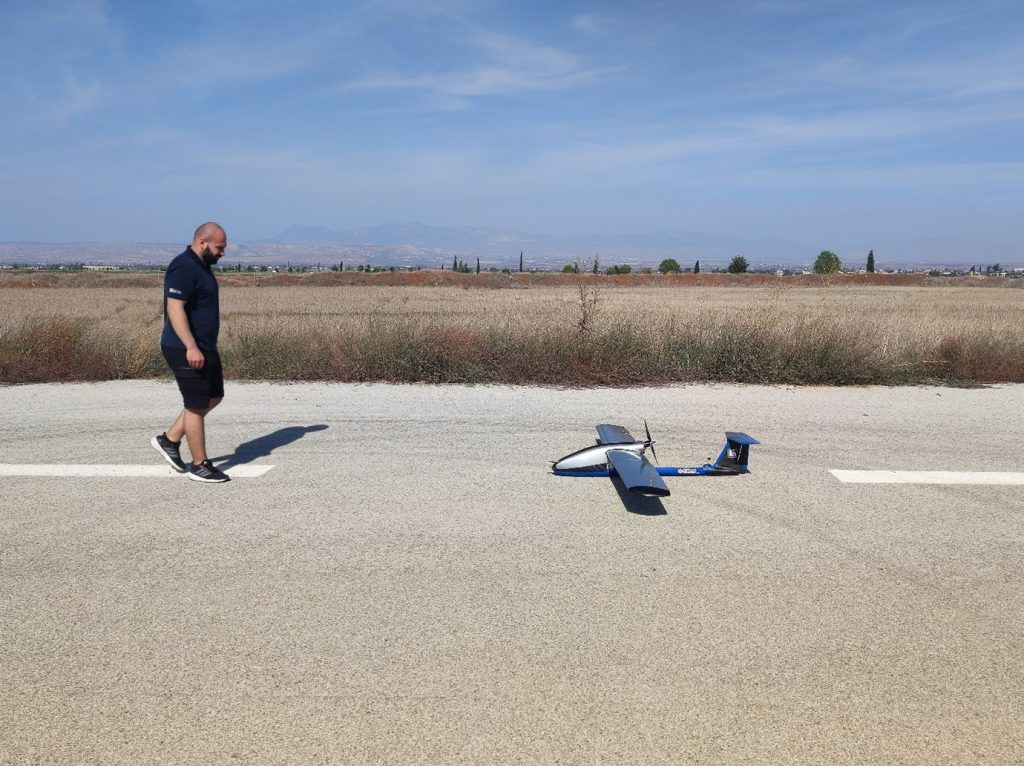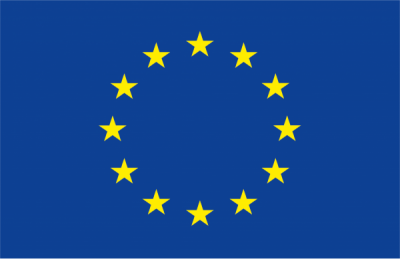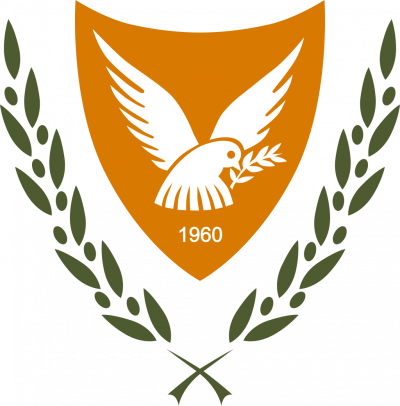
Cyprus expertise drives studies on ESA’s most complex Earth Explorer mission to date
Specialists teams of the Cyprus Institute’s Climate and Atmosphere Research Center (CARE-C), coordinated by Prof Franco Marenco, are actively involved with the European Space Agency’s (ESA) upcoming cloud, aerosol and radiation explorer mission, EarthCARE. The expedition, a joint venture between ESA and the Japan Aerospace Exploration Agency (JAXA), is the most complex Earth Explorer mission to be attempted to date.
EarthCARE (Earth Cloud, Aerosol and Radiation Explorer) aims to significantly improve our understanding of how clouds and aerosols (atmospheric particulates such as pollution and Saharan dust) influence the climate, by exploring how they affect reflecting incident solar radiation back into space and trapping infrared radiation emitted from Earth’s surface. The data to be collected through the EarthCARE mission will provide information on the relationship of clouds, aerosols, and radiation at unprecedented levels of accuracy, and help improve predictions about the weather, and the future climate.
The EarthCARE mission is planned to be launched in 2024, and the Cyprus Institute’s CARE-C teams will be performing dedicated activities for the validation and calibration of this novel satellite. Specifically, the Unmanned Systems Research Laboratory (USRL) team will conduct highly advanced observations of the atmospheric composition, including the number and properties of particles, from the ground to about 6,000m altitude, using bespoke Unmanned Aerial Vehicles (UAVs) developed in-house. Moreover, the Cyprus Atmospheric Observatory (CAO) team with the use of a lidar instrument will provide information on the amount of dust and pollution that are suspended in the upper atmospheric layers. Sampling of the layers in the upper atmosphere is of significant importance for the calibration and validation of EarthCARE, which targets information of the 3-dimensional distribution of atmospheric particles, and not only on what is collected at the ground.
Scientific activities in preparation to the launch of EarthCARE are already underway. On 25 October 2023 the first dedicated UAV flight for this project took place by the Cyprus Institute’s USRL team, and activities are aimed to be carried through to the end of the EarthCARE mission.
A team from the Cyprus Atmospheric Remote Sensing Observatory (CARO) of the Eratosthenes Center of Excellence, is also participating in the campaign, and the partnership between the two centers of excellence strengthens Cyprus’ contribution to the success of this space mission.
The strong participation of Cyprus scientists, including two European Research Centers of Excellence, to this groundbreaking mission, highlights the pivotal contribution of our country’s research and innovation talent in advancing breakthrough science at an international level. EarthCARE calibration and validation activities are organized by national facilities from 42 atmospheric measurements stations across 18 different countries, coordinated through the EU Horizon-2020 project ATMO-ACCESS, and integrates observations to scientists’ networks across European, Asia and Africa.
More information about EarthCARE at https://earth.esa.int/eogateway/missions/earthcare
ATMO-ACCESS is funded by the European Union’s Horizon 2020 research and innovation programme through the ATMO-ACCESS Integrating Activity under grant agreement No 101008004.


